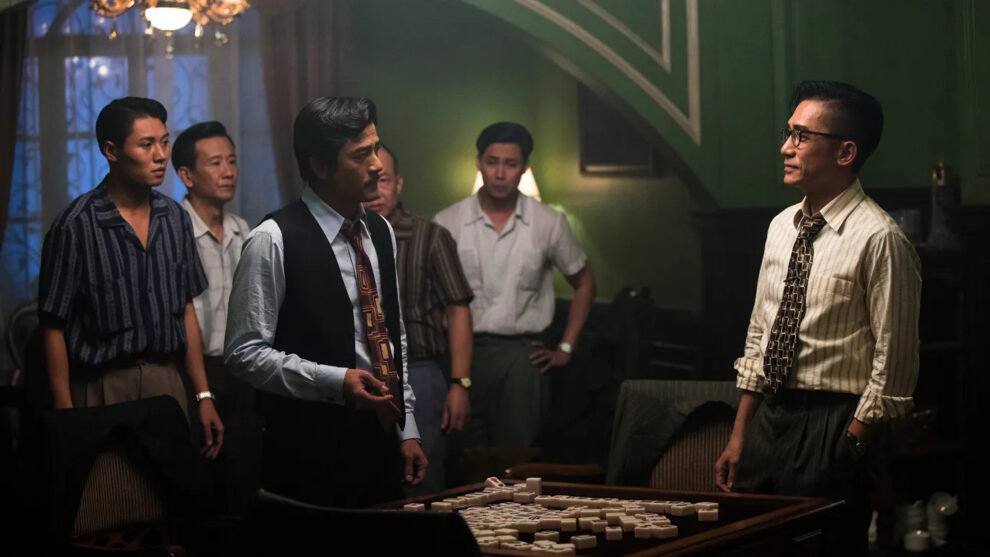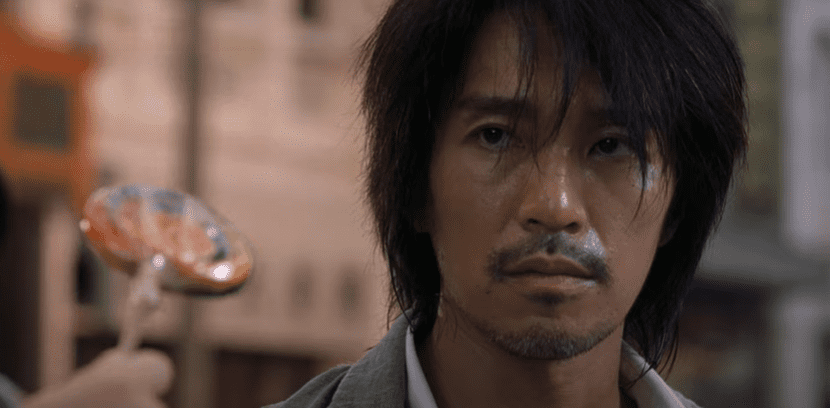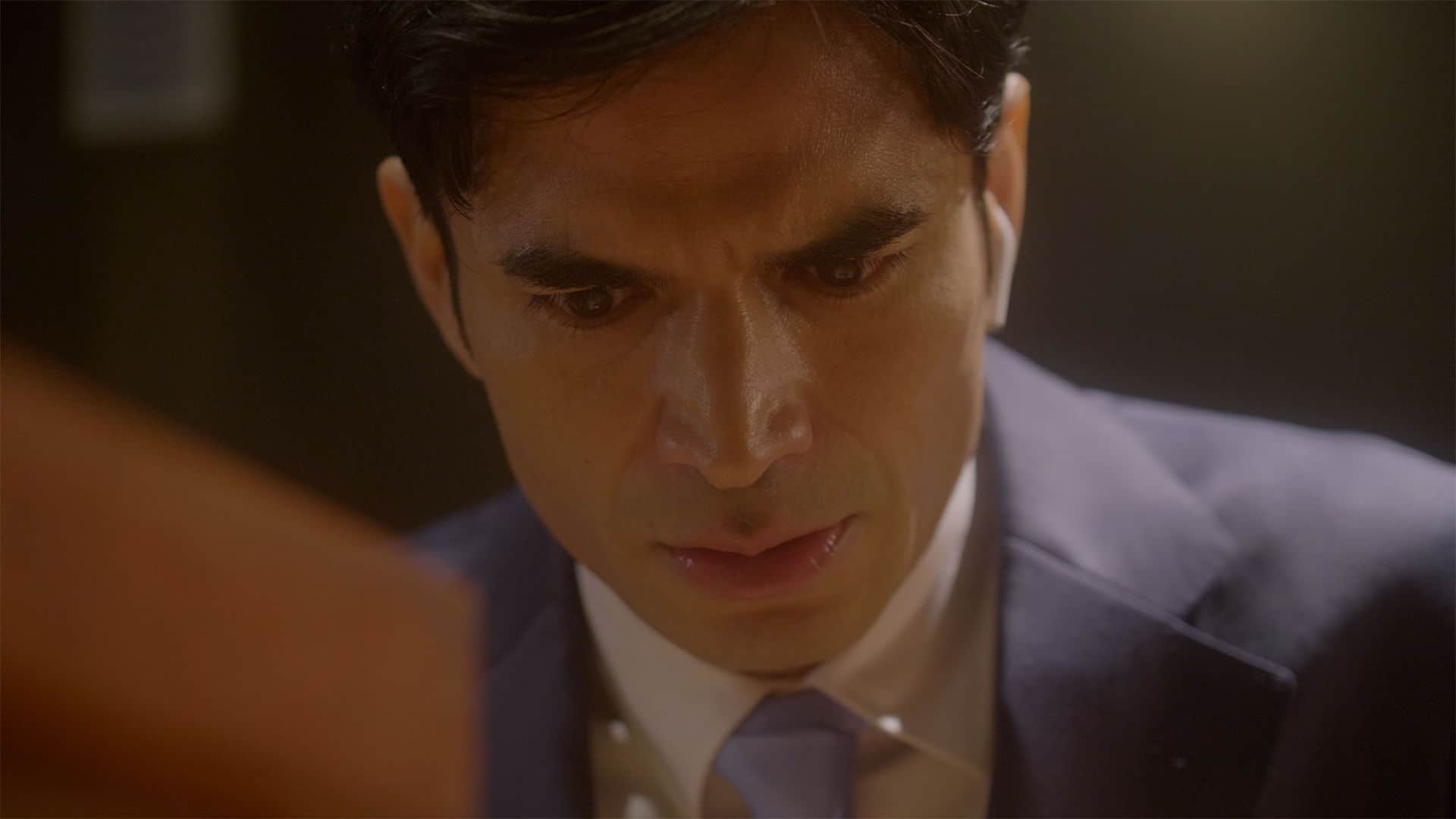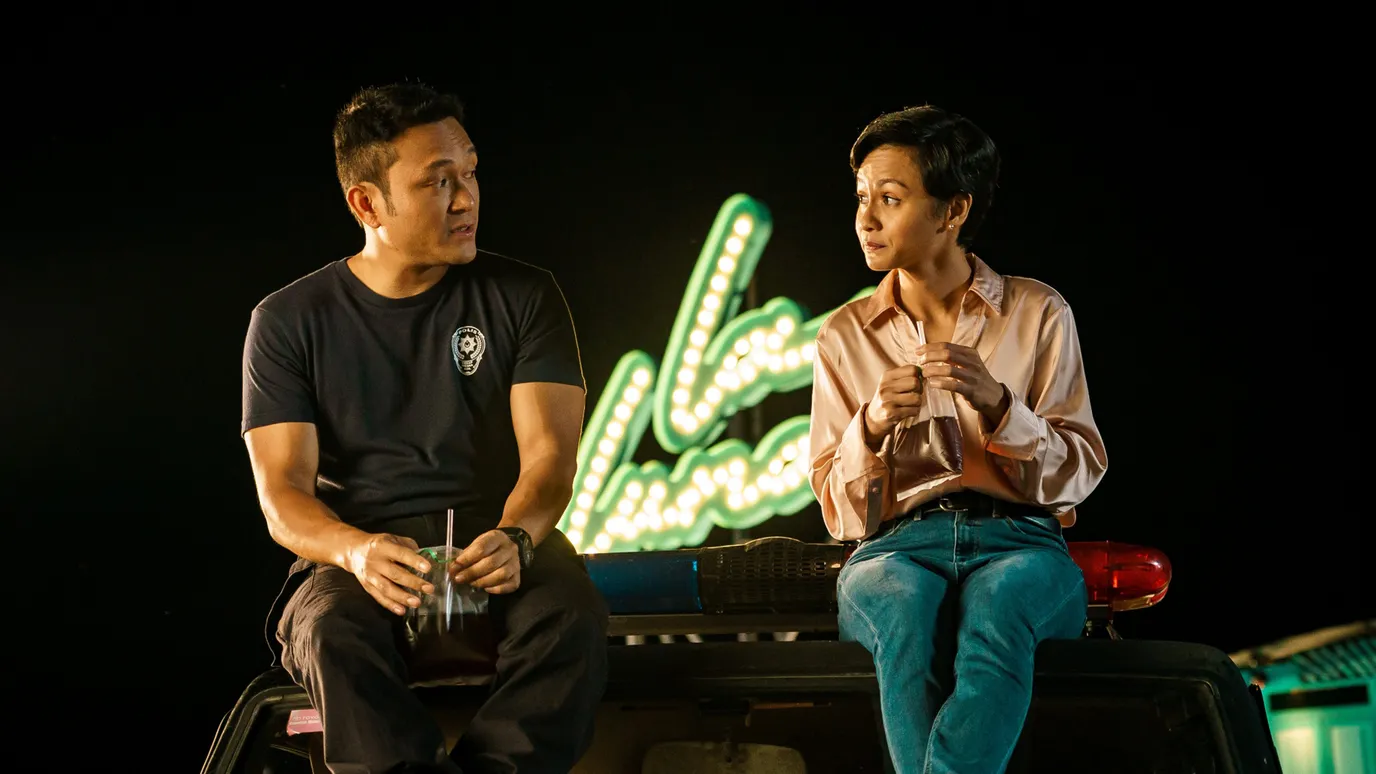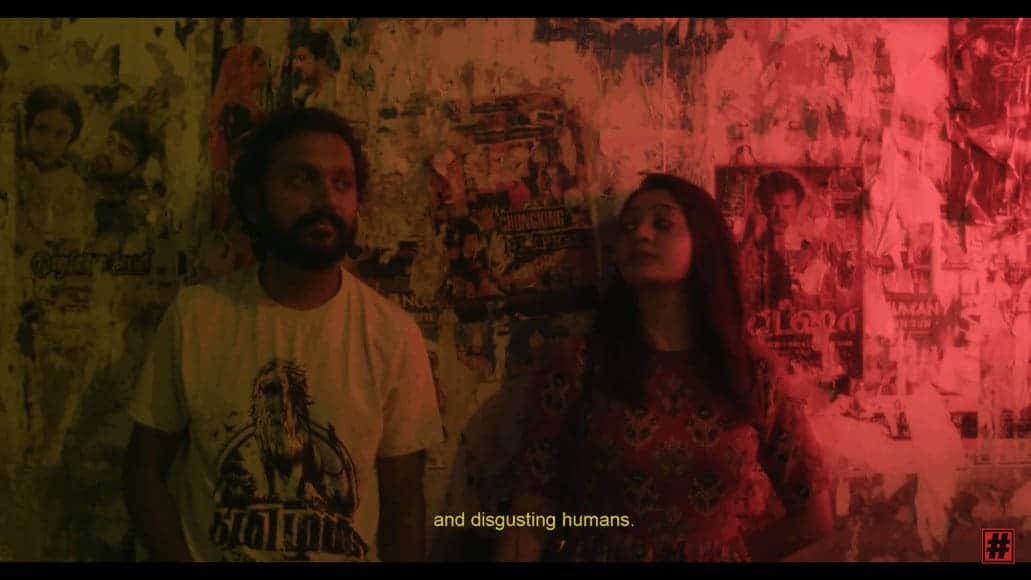The story behind the eventual release of “Where the Wind Blows” is a script in itself. Originally set for release at the end of 2018, its release was delayed due to trouble getting approved by the National Radio and Television Administration, probably due to the presentation of the true true-life stories of two of the “Four Great Sergeants” – the most notoriously corrupt police officers in 1960s and '70s Hong Kong and the impact the KMZ had in Hong Kong had after Chiang Kai-shek's defeat. The 144-minute epic was scheduled to make its world premiere and open the 45th Hong Kong International Film Festival on 1 April 2021, but was pulled from the lineup three days before. Eventually, it had its premiere the following year and opened the 46th Hong Kong International Film Festival on 15 August 2022 instead and was theatrically released in Hong Kong on 17 February 2023. It was also selected as the Hong Kong entry for Best International Feature Film at the 95th Academy Awards, but was not nominated
Where the Wind Blows is screening on Focus Hong Kong
Moving through a number of parallel lines that are interspersed through flashbacks within the main narrative, the story begins in the 40s, where we are introduced to police officer Lui Lok, who seems to be the only one not taking bribes from the slush fund his colleagues do. Expectedly, he draws the anger of his colleagues who beat him up and essentially ostracize him. After the War, however, and having experienced a number of horrific events, Lui is a changed man, and in his new post, he immediately starts taking part in the bribing. A bit later on, he meets Nam Kong, another police officer with the same mentality, and although their relationship is bumpy at the beginning the two become friends and start expanding their “business”.
Lui is lucky enough to get married to a rich man's daughter, Miss Tsai, who, apart from being gorgeous, is also quite capable of helping her husband's shady business from the shadows. A series of riots started by the Kuomintang refugees that have swarmed Hong Kong after Chang Kai-shek' defeat, forming Triads, give the opportunity to the trio to gain an ally in the local mafia, and soon their influence, as much as the promotions of the two, come one after the other, although Lui is not fully aware of his wife's role in the whole proceedings. Their lives continue to pick up, but the appearance of Limpy Ho, a Thai gangster mostly dealing with drugs, in Hong Kong messes with the balance, while Lui is also facing some personal issues additionally having to do with the appearance of a woman that raises memories of the war in him.
Check also this interview
Philip Yung directs a truly epic production that seems to combine some of the most appealing elements of a number of different cinematic worlds. The Hollywood aesthetics are the most obvious, with the impressive cast, lavish sets, and a gangster story that unfolds in the style of some of the classics of the category, such as “Once Upon a Time in America” and “The Godfather”. The overall action and its way of shooting as much as editing are much reminiscent of Hong Kong action movies in the style of Johnnie To and Tsui Hark, although the excessiveness of the genre is much toned down, as despite the many action scenes, the focus is mostly on the story and characters. Lastly, Chin Ting-Chang's cinematography with the plethora of artful, beautiful, and somewhat abstract close ups and voyeuristic shots, the slow motion, the occasional art-shouse editing, the overall ultra stylish presentation of the women, the use of music, and the themes of unrequited love, point toward Wong Kar-wai's style. At the same time, one can also find elements of Ann Hui's narrative style that occasionally bolsters a literary approach as in the splitting of the story in chapters, the narration, the flashbacks in the past in black-and white including actual footage, and the poetry written on screen.
Expectedly, considering all these elements, Yung occasionally loses his sense of measure and the truth is that the pretentiousness that forms one of the key elements of the narrative, as in the many slow motion sequences and the prolonging of the movie solely for stylish reasons, is not always handled well. The ending also moves a bit towards intense Americanization with the Lincoln quotes, the excessive use of music and the overall sanctimonious approach, while the melodrama and forced nostalgia do take over on occasion.
The “redeeming” qualities of the movie, though, are definitely many more. For starters, the main duo is exceptional in its characterization, with their antithesis and the whole friendship-between-wolves concept carrying the movie for the majority of its duration. The cultivated demeanor of Nam Kong and the more brutal, shaped by the tragedies of the past, of Lui Lok clash a number of times through the movie, with both these scenes and the ones the two show why they are partners being a wonder to watch. That a woman becomes an apple of discord, although without one of them realizing it, is also excellently implemented in the story, creating a triangle that also benefits the most by the acting of Tony Leung Chiu-wai as Nam Kong, Aaron Kwok as Lui Lok and Juan Du as Tsai Chen.
The beauty that seems to characterize every frame starts with the appearance of the three and the presence of Jessie Li as Xiao Yu and continues essentially with every cinematic aspect. Chin Ting-chang's cinematography is truly imposing, equally in the color and the black-and-white scenes, in both the action and the calmer ones. Matthieu Laclau, J. Him Lee and Zhao Zhang's editing results in a fast pace that begins in rapidness and gradually slows down as time passes. Bill Lui's work in the production design and Wong Man-Hin in the art direction results in a plethora of lavish sets, as much as the realism that characterizes the different settings. Dora Ng's costume design is also top notch, finding its apogee in Juan Du's astonishing dresses.
“Where the Wind Blows” may share some of the issues of the (Hollywood) blockbuster, but presents a captivating story that sheds light to a relatively unknown aspect of Hong Kong, through an approach that combines beauty with competent direction, exceptional acting and the highest level of production values.


